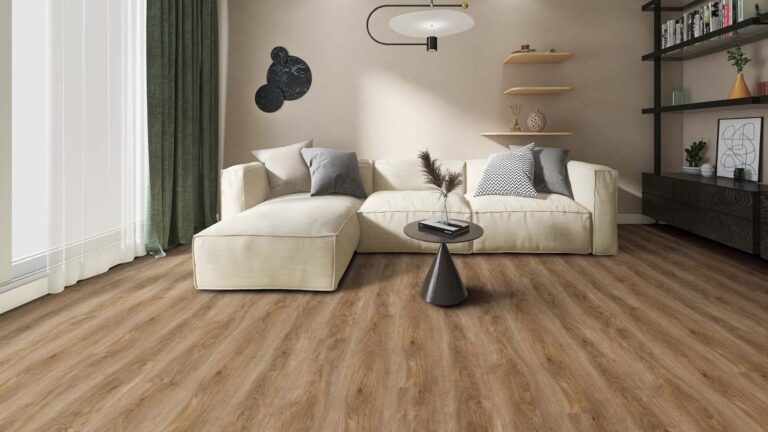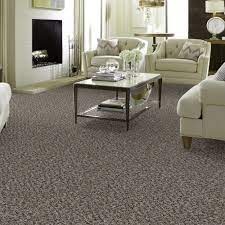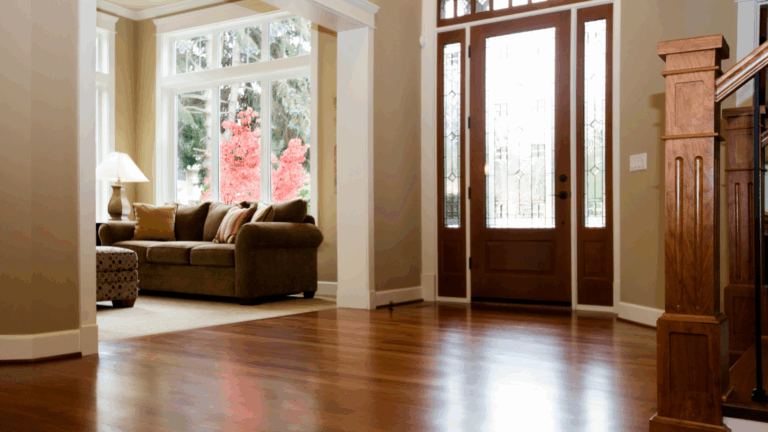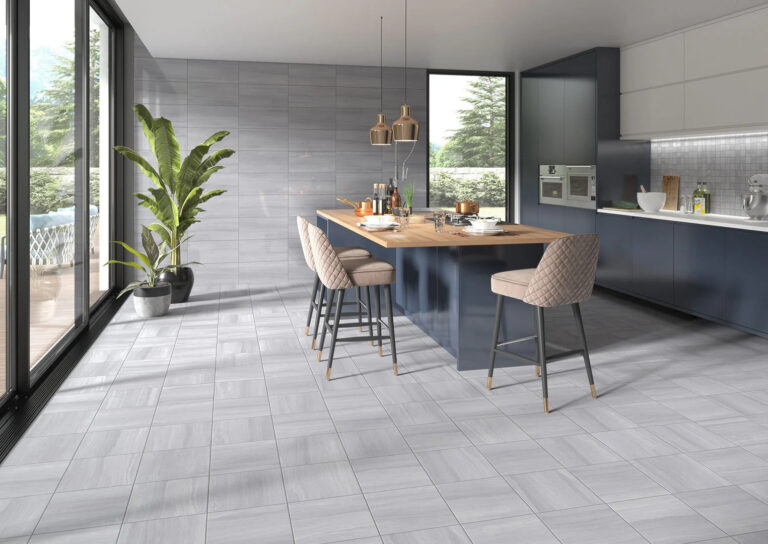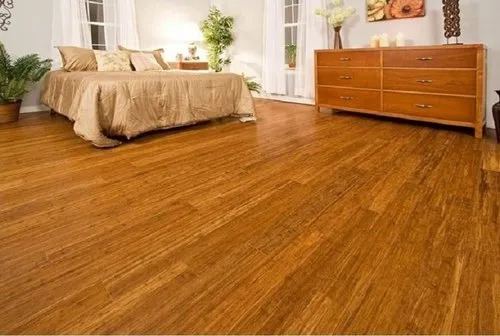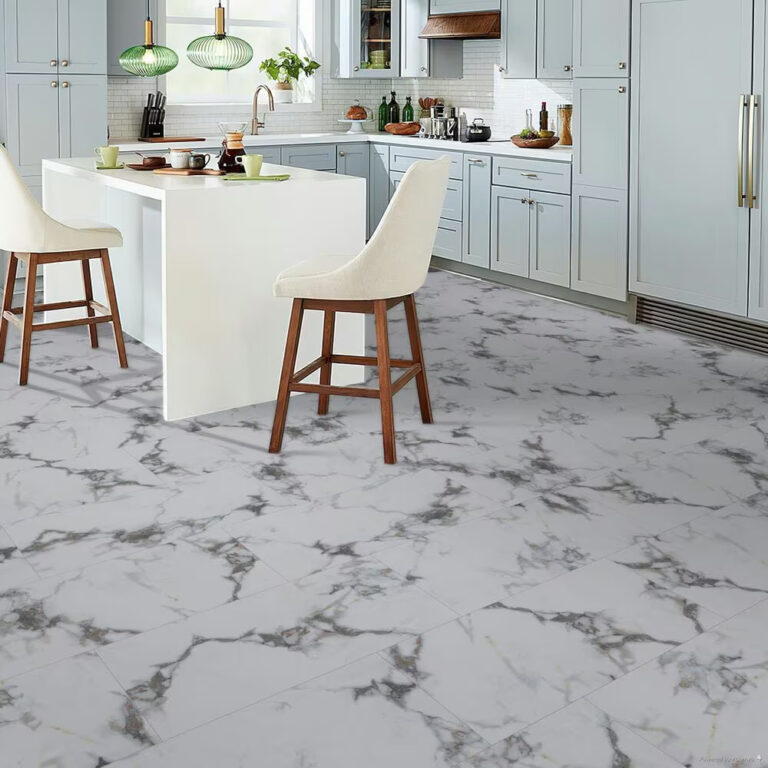Flooring is one of the most impactful home upgrades, enhancing both aesthetics and functionality. Whether you’re renovating your kitchen, updating your living room, or installing new floors in your basement, understanding the cost of flooring installation in 2025 is crucial to planning your budget. In this guide, we’ll break down the average prices for different flooring types, factors affecting installation costs, and tips for saving money without compromising quality.
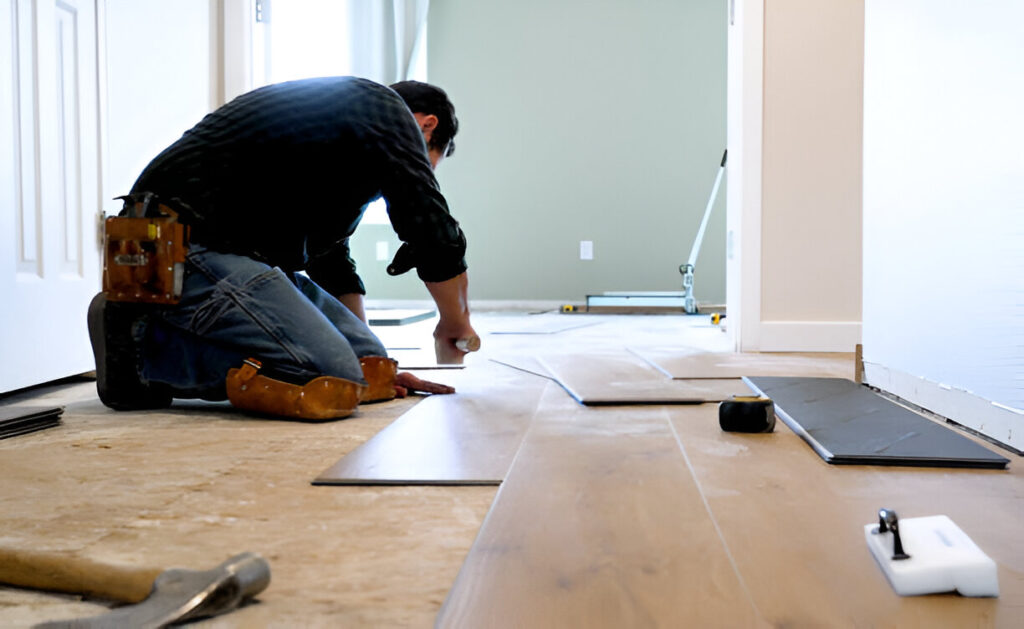
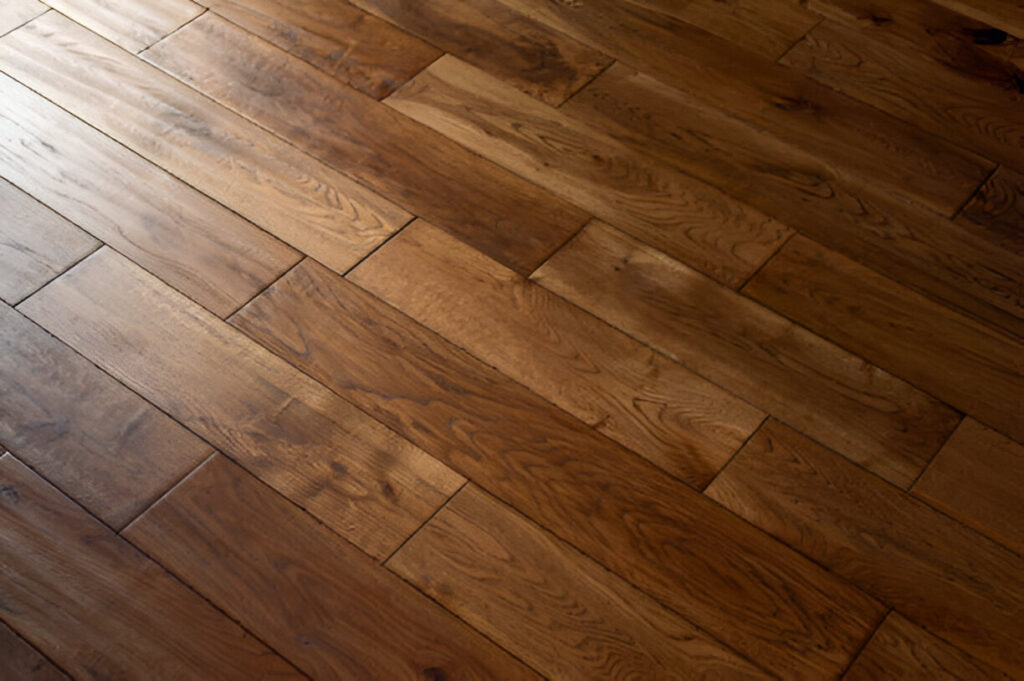
Average Flooring Installation Costs in 2025
Flooring costs vary widely depending on material, installation complexity, and regional labor rates. Here’s an overview of average national costs for 2025:
| Flooring Type | Material Cost (per sq. ft.) | Installation Cost (per sq. ft.) | Total Cost (per sq. ft.) | Notes |
| Hardwood | $5 – $15 | $4 – $8 | $9 – $23 | Solid or engineered; costs vary by wood species |
| Laminate | $1.50 – $5 | $2 – $4 | $3.50 – $9 | DIY-friendly; lower cost but less durable |
| Vinyl / Luxury Vinyl | $2 – $7 | $1.50 – $4 | $3.50 – $11 | Waterproof options ideal for kitchens & bathrooms |
| Carpet | $2 – $7 | $1 – $3 | $3 – $10 | Quality and padding affect cost |
| Tile (Ceramic/Porcelain) | $1.50 – $15 | $4 – $10 | $5.50 – $25 | Intricate patterns increase labor costs |
| Natural Stone (Marble, Slate, Granite) | $5 – $30 | $6 – $15 | $11 – $45 | Luxury option; requires skilled installers |
| Bamboo / Cork | $3 – $9 | $3 – $7 | $6 – $16 | Eco-friendly options gaining popularity |
Note: All prices are approximate and can vary depending on your location, flooring quality, and installation complexity. For a personalized estimate, you can use this Flooring Calculator to break down costs for your project.
Factors Affecting Flooring Installation Cost
Several key factors influence how much you’ll pay for flooring installation in 2025:
- Type of Flooring: As seen in the table above, the material type is the primary driver of cost. Hardwood and natural stone are premium options, while laminate and vinyl are more budget-friendly.
- Room Size and Layout:The total square footage directly affects cost. Additionally, rooms with complex layouts, multiple corners, or irregular shapes require more labor and materials, increasing installation expenses.
- Subfloor Condition: Uneven or damaged subfloors may need leveling or replacement before new flooring can be installed, adding $1–$3 per sq. ft. to the total cost.
- Labor Costs in Your Area: Labor rates vary by region. In 2025, average labor costs for flooring installation in the U.S. range from $2 to $15 per sq. ft., depending on the material and installer expertise.
- Additional Materials and Accessories: Costs for underlayment, moisture barriers, adhesives, trims, and moldings can add $0.50–$3 per sq. ft.
- Removal of Existing Flooring: If you need to remove old carpet, hardwood, or tile, this can add $1–$4 per sq. ft. to the project, depending on the type of flooring and disposal fees.
Flooring Installation Costs by Material
The cost of flooring installation varies widely depending on the material, quality, and complexity of the job.
Hardwood Flooring Installation
Hardwood flooring remains a popular choice for its timeless look and durability.
- Solid Hardwood: $6–$15 per sq. ft. installed
- Engineered Hardwood: $9–$20 per sq. ft. installed
- Exotic Woods (e.g., mahogany, teak): Up to $25 per sq. ft. installed
Laminate Flooring Installation
Laminate is an affordable, easy-to-install option that mimics wood or stone.
- Average Installation Cost: $3–$9 per sq. ft.
- DIY Installation: Possible, reducing labor costs significantly
Vinyl and Luxury Vinyl Plank (LVP) Installation
Vinyl flooring is waterproof and low-maintenance, making it ideal for kitchens and bathrooms.
- Standard Vinyl: $3–$7 per sq. ft. installed
- Luxury Vinyl Plank (LVP): $5–$11 per sq. ft. installed
Carpet Installation
Carpet costs vary depending on fiber type, pile height, and padding.
- Average Costs: $3–$10 per sq. ft. installed
- Premium Options: Wool or custom patterns may increase installation costs
Tile Installation
Tile installation costs depend on tile type and pattern complexity.
- Ceramic Tile: $5–$15 per sq. ft. installed
- Porcelain or Natural Stone: $10–$45 per sq. ft. installed
- Additional Costs: Grout and sealing
Bamboo and Cork Installation
Eco-friendly bamboo and cork floors offer unique benefits.
- Cost: $6–$16 per sq. ft. installed
- Features: Bamboo is harder than many hardwoods; cork provides natural cushioning and insulation
DIY vs. Professional Flooring Installation
Choosing between DIY and professional flooring installation can impact both cost and the quality of the finished floor.
| Flooring Type | DIY Installation Cost (per sq. ft.) | Professional Installation Cost (per sq. ft.) | Notes |
| Hardwood (Solid/Engineered) | $4–$12 | $6–$20 | DIY requires skill; mistakes can be costly |
| Laminate | $2–$6 | $3–$9 | Easy for DIY; click-lock systems simplify installation |
| Vinyl / LVP | $2–$7 | $3–$11 | LVP is durable, but proper subfloor prep is key |
| Carpet | $2–$6 | $3–$10 | DIY is possible, but padding and stretch tools may be needed |
| Tile (Ceramic/Porcelain) | $5–$12 | $5–$45 | Professional recommended for complex layouts or natural stone |
| Bamboo / Cork | $4–$10 | $6–$16 | DIY feasible but may require special adhesives or underlayment |
Tips to Save on Flooring Installation
- Compare Quotes: Always get at least three quotes from licensed installers.
- Choose Mid-Tier Materials: Mid-range materials offer a balance of durability and affordability.
- Bundle Projects: Installing flooring in multiple rooms at once may reduce labor rates.
- Prepare the Subfloor: Removing furniture, old flooring, and debris yourself can lower labor costs.
- Opt for Simple Patterns: Complex tile layouts or intricate hardwood designs increase installation time and cost.
Flooring Installation ROI
Installing new floors adds significant value to your home. According to remodeling cost reports in 2025:
- Hardwood flooring offers a 70–80% ROI when selling your home.
- Luxury vinyl and laminate offer 50–60% ROI.
- Carpets may offer 40–50% ROI, depending on quality.
High-quality flooring can make your home more attractive to buyers, reduce maintenance costs, and improve energy efficiency.
Common Mistakes to Avoid
- Skipping subfloor preparation
- Underestimating material needs
- Choosing the wrong flooring for moisture-prone areas
- Ignoring warranties and return policies
Avoiding these mistakes ensures your flooring lasts longer and maintains its appearance.
Final Thoughts
Flooring installation costs in 2025 vary widely based on material, room size, labor, and additional services. From budget-friendly laminate to luxury hardwood and natural stone, there’s an option for every homeowner. Understanding the factors affecting cost, getting multiple quotes, and planning ahead can help you achieve beautiful, long-lasting floors without breaking the bank.
Investing in quality flooring adds value, comfort, and style to your home, making it one of the smartest home improvement projects in 2025. Ready to upgrade your floors? Contact your local flooring installation expert today!
